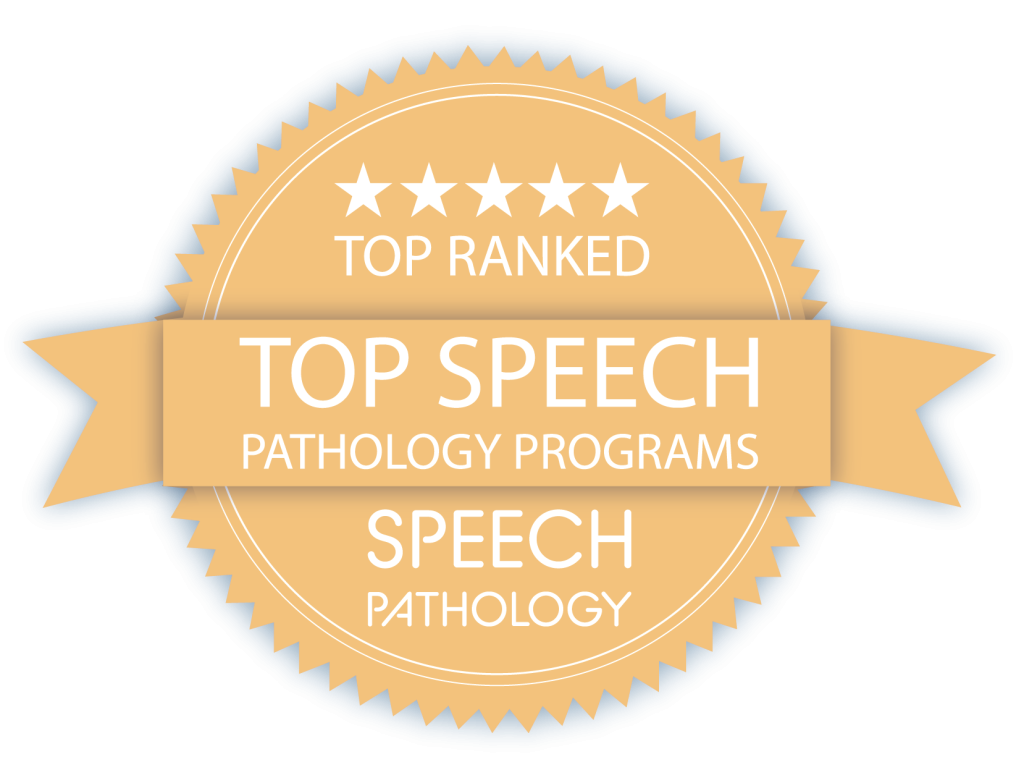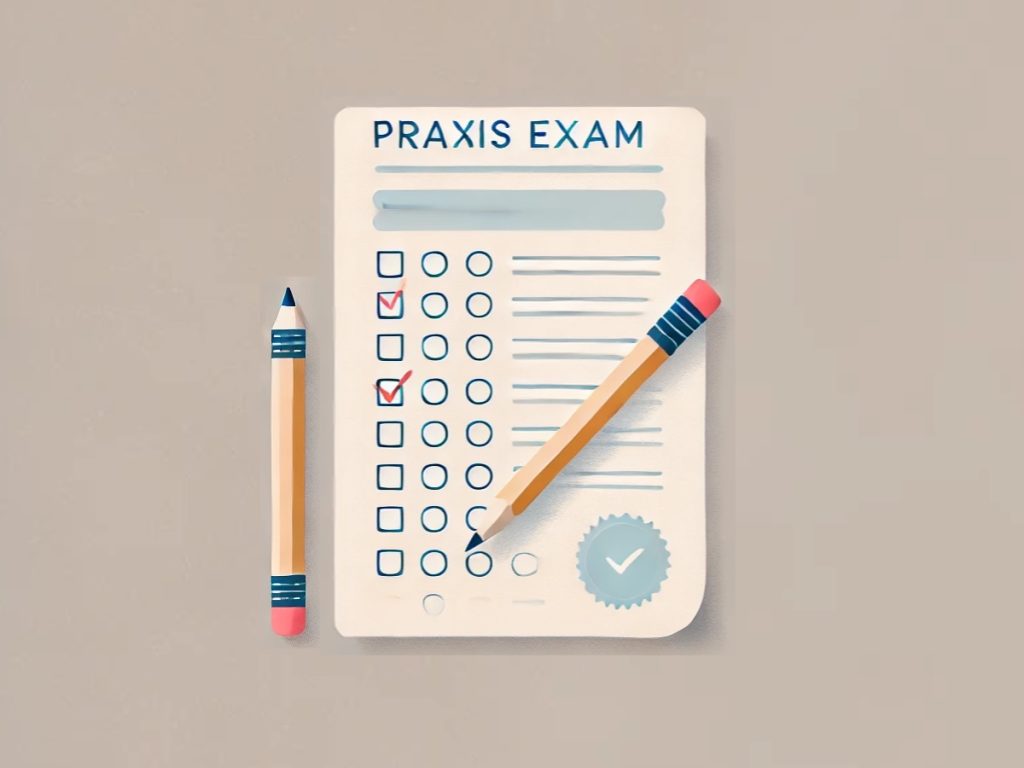Last Updated
April 14, 2025Written By
Cynthia Harris, M.S., CCC‑SLPFor students looking to become speech-language pathologists, Kansas offers top-tier education, affordability and strong career prospects. Four public universities, Fort Hays State, Kansas State, the University of Kansas and Wichita State, offer highly respected undergraduate and graduate programs in this field. Each campus offers close-knit learning environments and hands-on clinical experiences. One stand out is Fort Hays State’s combined bachelor’s and master’s track, which can have you completing both SLP degrees in about five years, saving time and money. Graduates from these speech pathology programs get jobs quickly because there is growing demand in medical centers, schools, and rehab facilities.
Salaries for SLPs in Kansas are typically in the mid-to-upper $70,000s, which goes far in a state known for its lower cost of living. The new interstate licensure compact has Kansas as part of it, so you can practice across state lines easily. Many people find the welcoming Midwest atmosphere appealing as well, forming lasting connections with colleagues and clients. In short, if you are pursuing speech-language pathology, Kansas has academic rigor, community support and strong employment outcomes. If you are looking for an accredited speech pathology degree, a friendly environment and the ability to make a difference, then there are many reasons to make Kansas your home.

Looking for the best speech pathology programs in Kansas? peechpathology.org ranks top speech-language pathology degrees to help you choose the best one for you. Our list highlights programs known for quality, research, and clinical training. We focus on what matters to students and professionals in Kansas. Learn how we rank schools at speechpathology.org/rankings-methology.

Lawrence, KS - Public 4-Year - ku.edu
Campus Based - Visit Website
The University of Kansas' Master of Arts in Speech-Language Pathology is a 5-semester program preparing students for ASHA certification and clinical practice. The curriculum covers 34 breadth and 17 depth credit hours, including advanced electives and research. Applicants need a bachelor's degree, prerequisites, and English proficiency (if applicable). The program emphasizes multiculturalism, clinical practice, and professional ethics. Requires GRE.
Campus Based - Visit Website
The University of Kansas' Accelerated MA in Speech-Language Pathology allows students to earn a BA and MA in roughly five years. Up to 12 credit hours of 700-level courses count towards both degrees. This program meets ASHA certification standards and prepares students for clinical fellowships. Applicants need a 3.0 GPA and must apply in their junior spring semester. Careful course planning ensures timely completion. Requires GRE.
Campus Based - Visit Website
The University of Kansas' PhD in Speech-Language Pathology prepares students for leadership in research and academia. The program requires a bachelor's degree and offers combined tracks like MA/PhD or AuD/PhD, allowing completion in approximately six years. The curriculum includes core courses, specialized study areas, and research training. Applicants need transcripts, English proficiency (if applicable), and a faculty mentor. Requires GRE.
Campus Based - Visit Website
The University of Kansas' Clinical Doctor of Speech-Language Pathology (SLPD) is designed for ASHA-certified SLPs with master's degrees seeking specialization. This 18-month program blends advanced coursework with a capstone project, requiring 33 credit hours. Focus areas include neurodevelopmental disorders, adult language disorders, and clinical leadership. Admission requires a 3.0 GPA, ASHA certification, and a background check. Requires GRE.
Wichita, KS - Public 4-Year - wichita.edu
Campus Based - Visit Website
Wichita State University's Speech-Language Pathology master's program distinguishes itself through rigorous, ASHA-accredited training spanning 57 credit hours. Students benefit from an exceptional clinical education model featuring comprehensive interprofessional learning and diverse practicum experiences. The program strategically combines classroom instruction with hands-on clinical placements at WSU's Speech-Language-Hearing Clinic and external healthcare settings. With a competitive 4.6:1 application ratio and fall semester entry, the program prepares graduates for high-demand communication disorders careers. Uniquely positioned with full-time study options, the program maintains a selective 30-student class size and provides robust pathways to professional certification.
Campus Based - Visit Website
Wichita State University's Communication Sciences and Disorders master's program offers comprehensive training designed to equip students for multifaceted speech-language pathology careers. The curriculum emphasizes holistic professional development, integrating theoretical foundations with extensive practical skills across diverse clinical environments. Students receive post-baccalaureate entry-level training focused on meeting complex patient communication needs. The program's distinctive approach combines theoretical knowledge with hands-on clinical experiences, ensuring graduates are thoroughly prepared for professional certification and dynamic healthcare settings.
Hays, KS - Public 4-Year - fhsu.edu
Campus Based - Visit Website
Fort Hays State University's Master of Science in Speech-Language Pathology is an ASHA-accredited, on-campus program that equips students for clinical certification and licensure. It features a robust curriculum blending research, academic studies, and clinical practicums, aimed at preparing graduates for varied clinical environments. Notable for its affordability and strong student outcomes, the program requires prerequisite coursework and offers extensive clinical education opportunities. Highlights include its recognition for excellence, comprehensive curriculum, and focus on meeting 2020 SLP standards. 'Requires GRE' for admission, reflecting its commitment to maintaining high academic and professional standards.
The two most common degrees in Speech-Language pathology are bachelor’s and master’s degrees. Both are available in Kansas. The University of Kansas, Kansas State University and Wichita State University all offer a bachelor’s degree of Communication Sciences and Disorders, which provides a good foundation for someone looking to further their education. While bachelor’s in SLP might be advertised, you cannot work in a clinical speech pathology setting with only a bachelor’s degree. The reason that bachelor’s of SLP are discussed is because they are used to advance to graduate study. Typical bachelor’s degree admission requirements are a high school diploma and some courses in linguistics, biology and psychology. With your speech pathology bachelor’s degree, you can become an early childhood educator, a researcher, or a speech-language pathologist assistant. The average tuition for a bachelor’s degree at a public university in Kansas is $10,000 to $15,000 per year.
If you are wanting to practice as a licensed speech pathologist, you need to have a master’s degree. Fort Hays State, Kansas State, the University of Kansas and Wichita State are the universities that offer accredited SLP master’s degrees in Kansas. Full time master’s programs can be between $15,000 and $25,000 for in-state tuition. To be admitted to a master’s degree program, you must have a bachelor’s degree and need to have taken certain courses and possibly completed clinical practicum. Once you complete your master’s degree, you can become speech language pathologists and provide speech therapy services in hospitals, schools and rehabilitation centers, with salaried positions ranging between $75,000 and $85,000 annually in Kansas.
Two main doctorate degrees in speech-language pathology are offered by Kansas, the PhD and the SLPD, both at the University of Kansas. The PhD focuses on research and academia, thus if you wish to do research, teach at the university level or develop new therapies then it is a suitable choice. These programs typically take 4-5 years to complete. Admissions requirements are often a master’s degree in a related field, strong research interests, letters of recommendation and a good academic record (GPA of 3.5 or above).
The SLPD is an advanced clinical practice concentrated one. It is for licensed SLPs who have a master’s degree speech pathology and usually requires a CCC-SLP certification, professional experience and a good clinical background. You’ll learn more about leadership, advanced diagnostic methods and specialized populations.
Both tracks’ graduates will find a positive job outlook; the state of Kansas has high need for both clinical experts and educators. Tuition for doctoral studies may be higher than that for master’s programs, particularly for out-of state students, but scholarships and assistantships are available to mitigate the costs. Either degree can result in an increased salary range, depending on whether the graduate is pursuing leadership or research positions. In case you are interested in something different, try online or out-of-state universities that offer similar programs, but KU’s are a good in-state way to doctoral excellence.
Every state has slightly different requirements to be able to practice as a Speech-Language pathologist in their state. The requirements in Kansas are set by the Kansas Department for Aging and Disability Services (KDADS). Like the other states, a Master’s degree in SLP or other relevant field is required for licensure. Next the applicant after graduation must complete 400 clinical hours under a licensed speech pathology. The last step before paying the fees and submitting the application is taking the Praxis test. You will need to pass with a score of at least 162 to get your license.
Once you have your SLP license, the work isn’t over. You will need to complete at least 20 hours of Continuing Education credits. Note that if you are licensed in Audiology too, you may need to complete additional CE credits.
A neat feature that makes licensing and practicing much easier is that Kansas belongs to the Audiology and Speech-Language Pathology Interstate Compact. With this compact, speech pathologists that are licensed in a member state are also eligible to practice in the other member states. This makes it easier to work across state lines or to provide services to a client in another state if needed. Another item that can make it easier to get hired is getting your Certificate of Clinical Competence (CCC-SLP). While it isn’t necessary to practice in the state of Kansas it does look good and increase your chances of getting hired.
One of the fastest ways to become a Speech-Language Pathologist is through a combined degree. In a combined degree, you roll straight from your bachelors degree into your masters. Fort Hays State University offers a combined SLP degree program that can be completed in about five years. Typically, a standalone bachelor’s degree in Kansas takes four years, and a separate master’s degree can add two more. The accelerated path at Fort Hays State cuts a full year off that standard timeline, letting you jump into the workforce sooner. Most master’s programs in Kansas still require comprehensive clinical practice and coursework, so plan on two years after your undergraduate studies if you pursue them separately.
Doctoral options, such as the PhD and the SLPD at the University of Kansas, often span three to five years beyond the master’s. The PhD is geared toward research and academia, while the SLPD prepares seasoned clinicians for leadership and advanced practice. Right now, there isn’t a combined speech-language pathology master’s-doctorate track in Kansas that shortens both degrees in one swoop, but you can apply directly to doctoral studies once you’re finished with your master’s. If speed is your main concern, the Fort Hays State combined program is a standout choice. It merges affordability, reduced time in school, and a strong clinical foundation for future licensing.
| School Name | Highlights | Retention & Grad Rates |
|---|---|---|
| University of Kansas |
|
|
| Fort Hays State University |
|
|
| Wichita State University |
|
|
One of the most affordable speech pathology degree programs can be found at Fort Hays State University and is one of the least expensive in Kansas to obtain a speech language pathologist license. At FHSU, undergraduates are likely to pay lower per credit rates than many of their counterparts and the master’s program is reasonably priced while providing strong clinical training. Kansas State University, Wichita State University and the University of Kansas also provide in-state rates that are quite comparable with those of private universities in other states. These programs are usually a bit more expensive than FHSU, but in-state students can usually afford them thanks to scholarships, assistantships, and lower general costs of living in Kansas. At the graduate level, tuition can range from as low as $275 per credit hour at FHSU to $400 or more at other public universities. The PhD and SLPD programs that are doctoral programs may be more expensive, but many doctoral students receive financial aid or fellowships to help pay for school. Despite this, the total costs are usually lower than those in states with high costs of living. This is a major draw for budget-conscious students. You can significantly cut down on your out-of-pocket expenses by taking advantage of in-state tuition, scholarships, and possibly assistantships. The affordability, good programs, and relatively low standard of living make Kansas a good place to pursue an SLP degree.
| School Name | Highlights | Annual Estimated Tuition & Fees |
|---|---|---|
| Fort Hays State University |
|
|
| University of Kansas |
|
|
| Wichita State University |
|
|

If you are interested in pursuing a career in SLP and have been researching licensing requirements or are simply interested in learning more about SLP

If you have ever been researching speech-language pathology careers and come across the words ‘speech pathologist’ and ‘speech therapist’, you might wonder if they are

If you are pursuing the position of a speech-language pathologist, then you may have heard of the Praxis exam from your professors, classmates, or even
Our mission is to empower future speech-language pathologists by providing the most accurate, up-to-date, and accessible information available. Our team is dedicated to guiding individuals through the journey of becoming an SLP—whether you’re just exploring the field or actively pursuing a degree. We specialize in delivering reliable insights on state-by-state availability, affordability, and the fastest paths to certification and licensure. Our goal is to help you make informed decisions based on real data, trusted resources, and the evolving needs of the profession. With a strong commitment to educational clarity and career transparency, we’re here to support and simplify your path toward a rewarding future in speech-language pathology.
PLEASE NOTE: The contents of this website is for informational purposes only. All trademarks are the property of their respective trademark holders.